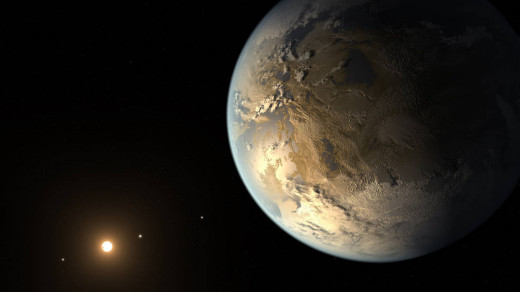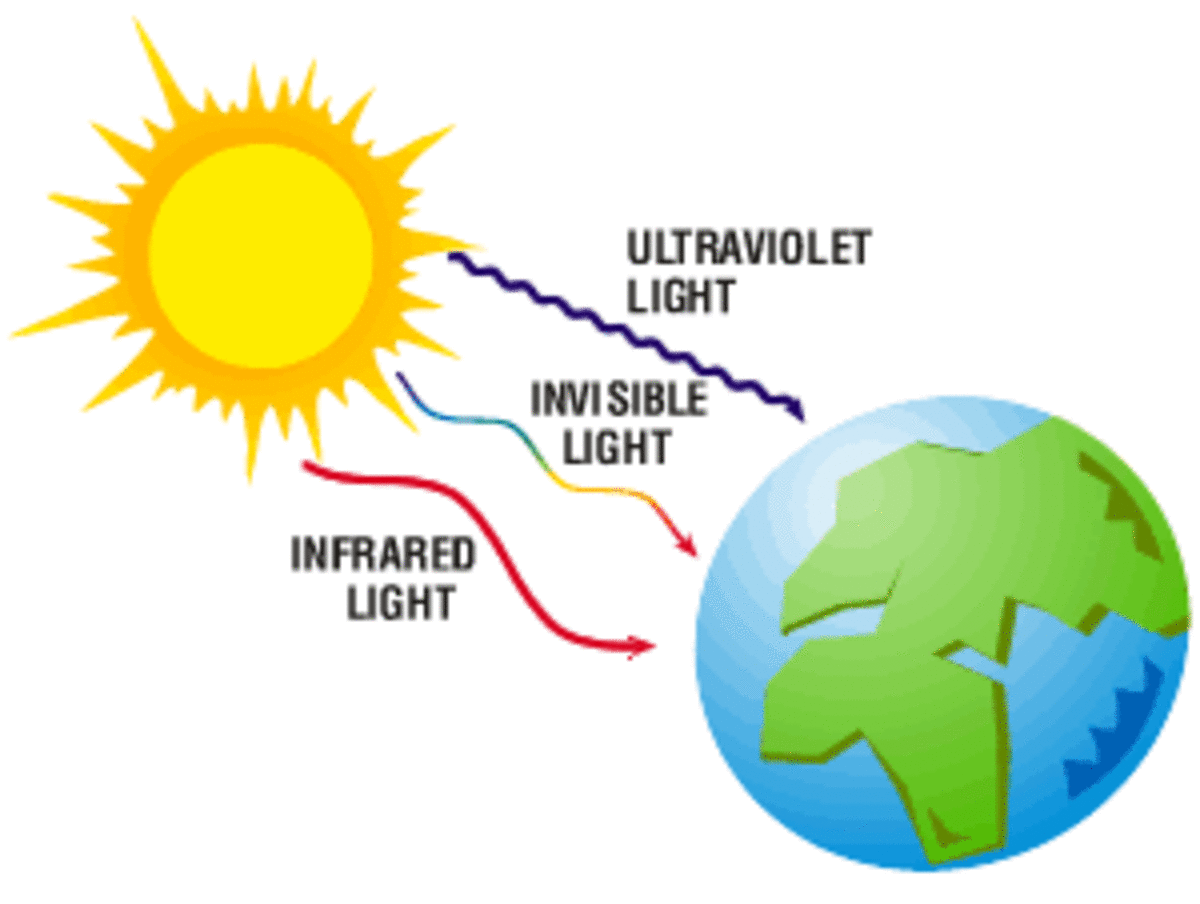Scientific Advancements in Exo-planetary Research
artist depiction of Kepler-186f

The Kepler telescope is the largest scientific advancement in exoplanet research. Since it's launch in March 7, 2009, it has been responsible for the discovery of more than 1,000 exoplanets, many of them being "potentially Earth-like" or "Earth Cousins", meaning they range within roughly the same size and orbit within the habitable zone of their parent star.
The Kepler telescope uses what is called the Transit Method of detecting extrasolar planets. In simple terms, Kepler looks for dips in the brightness of the star when the planet passes in front of it. Once the planet is detected it's orbital size can be calculated from the orbital period and the mass of the star using Kepler's Third Law of Planetary Motion. The size of the planet is found from the depth of the transit and the size of the parent star. This method has been extrodinarily successful in discovering worlds outside of our solar system. It's certainly expanding our acknowledgement of how little we truly know about our universe. Physics habitually teaches us, in the words of Ygrette from of HBO's Game of Thrones, "You know nothing. "
Although the Kepler is the most widely known mission, there are many more out there that are not so commonly heard of. ASTEP (Antartica Search for Transiting ExtraSolar Planets), uses the Transit Method along with Radial Velocity. Radial Velocity has proven to be an effective method of discovery as well, there are many other projects that utilize the radial velocity method. Such as the McDonald Observatory. http://www.as.utexas.edu/astronomy/research/research.html . Radial Velocity is the velocity of an object in the direction of the radius (the line of sight between two objects.)
There have been several articles hypothesizing that we will discover Alien Life beyond our solar system within the next 20 to 30 years. It is plausible given the expeditious advancements in scientific technology, but with this new theory, comes even more theories to answer. Will alien life different from our own, be able to survive in more harsh conditions? Or will they require relatively the same atmospheric conditions? Will we discover intelligent life or rather a mere hint of microbial? One of the nearest, but still unconfirmed, exoplanets near Earth, Tau Ceti e, orbits at a distance of 11.905 light years. Even with it's close distance, it would take roughly 2,000 years for us to reach it, based on the calculations. 1 light year is equal to the distance light travels in one year, about 9 trillion kilometers. So 11.9 light years is 107.1 trillion kilometers.
The exciting news is that I expect to see great scientific advancements in exoplanetary research within my own lifetime and hopefully even be a tremendous part of it some day, even if we may not find ourselves in the position to reach one of our neighboring Earth Cousins within this same life time.
-Ruth Angel
Facts provided by: http://www.nasa.gov/

A great source of information.
Neil DeGrasse Tyson is highly respectable and well known astrophysicist. His insight and shared knowledge on exo-planetary research presented in his books is both intriguing and informative.









